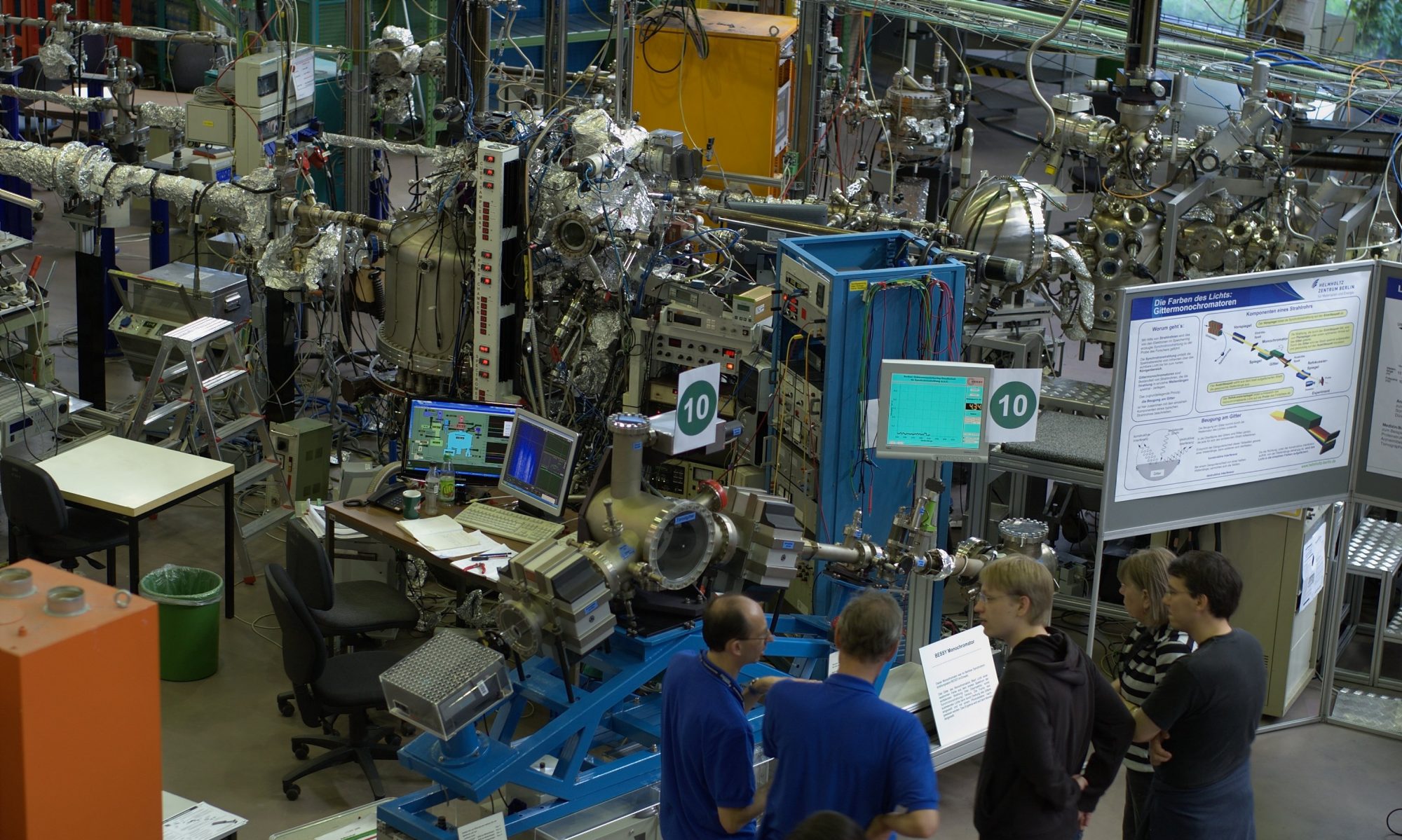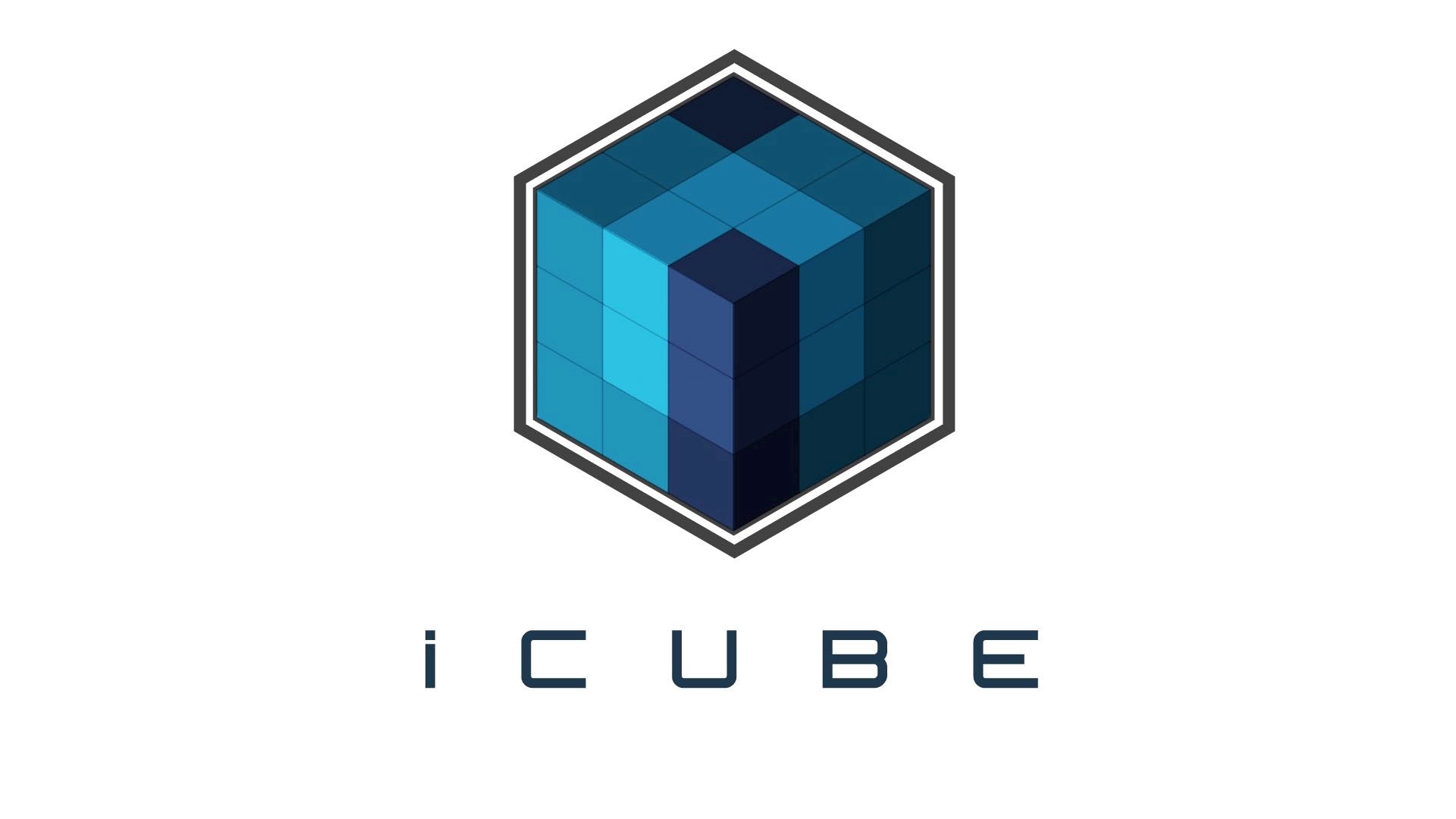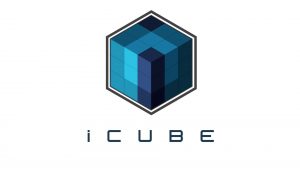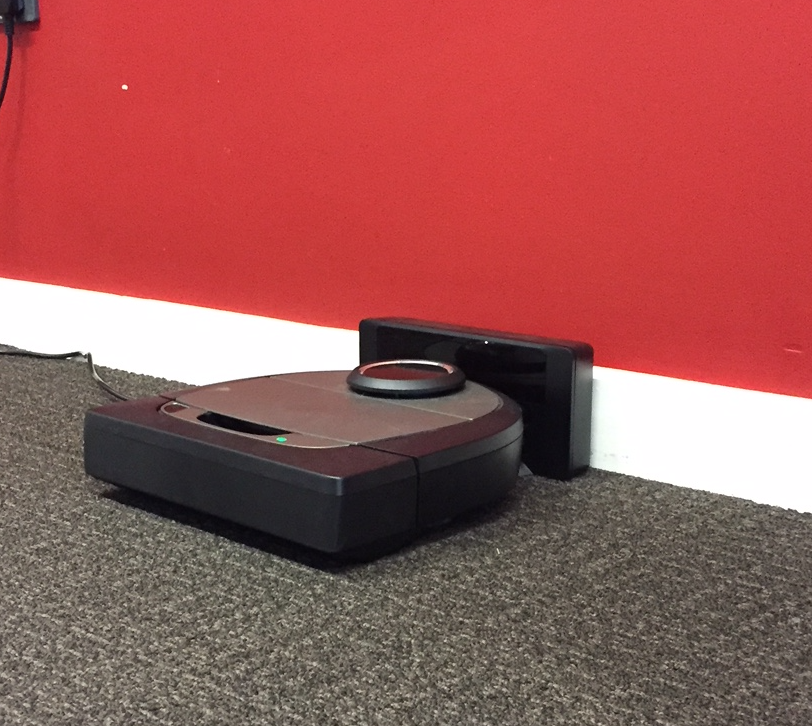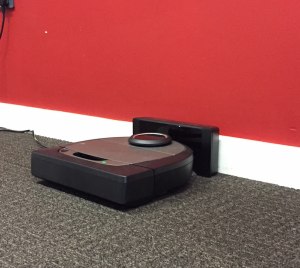It’s been a busy year for the Smart Products Beacon during which we’ve refined our research agenda and vision, launched demonstrator projects, developed our business case for the University and secured funding for initial projects, including EPSRC funding to establish a Centre for Doctoral Training for at least 65 new PhD students.
Today (8th April 2019), we are holding a one day gathering to learn more and explore how people can get involved.
The event commenced with an overview of RoboClean, Food Design for Future Dining (FD)2 and Industrial Co-bots Understanding Behaviour (ICUBE).
A breakout session led to some useful research-led discussion on emerging themes, including:
- Process planning for highly-customised products
- Social technological interactions and implications
- Data-enabled smart optimization
- Digital Technology, Manufacturing, and Productivity
- Smart Musical Instruments
A session of contributed paper presentations followed a short lunch break and poster session. These included:
- User-Experience Design for Future Smart Vehicles
- Managing attractiveness and tensions in digitally enhanced business environments
- Locating the Smart Product Beacon: understanding the place based-agenda in RCUK funding (or, why economic geography matters)
- “Demonstrating a framework to investigate combined packing and scheduling problems”?
- “Peeling away the layers: toward a metaphor of foam to analyse composed digital-physical products”
- Physical-Digital Alignment
The day concludes with a second breakout session – an opportunity to address and plan key beacon activities for the coming year.
